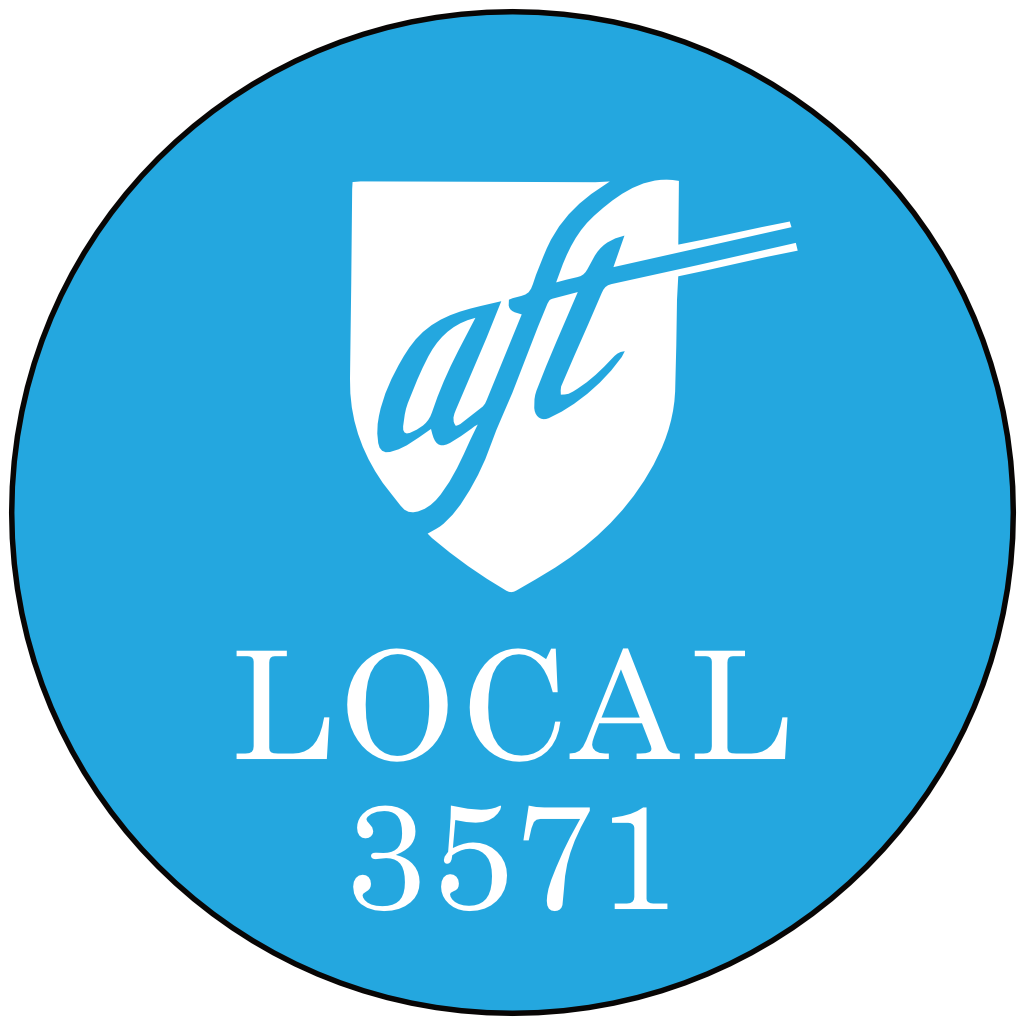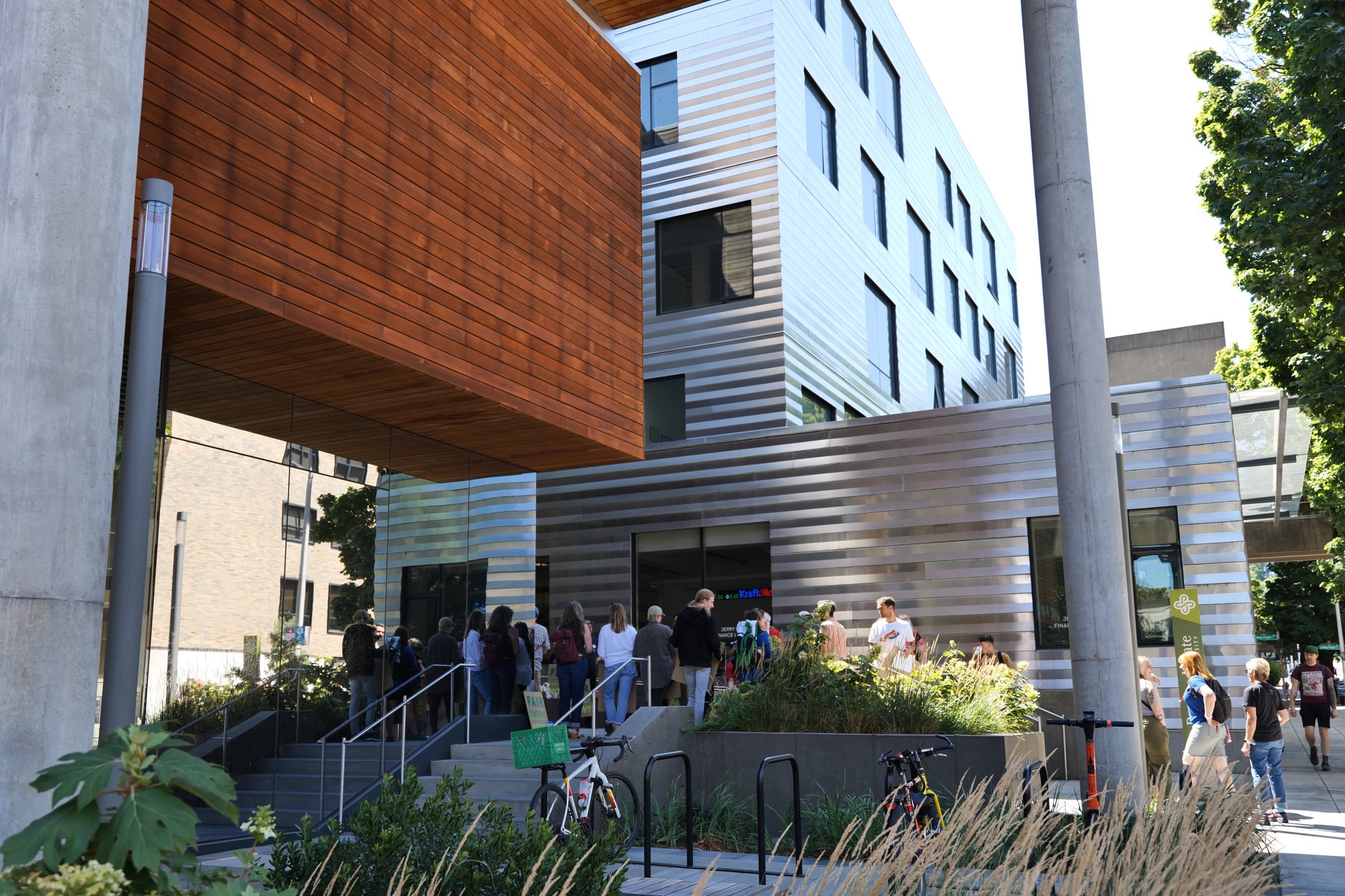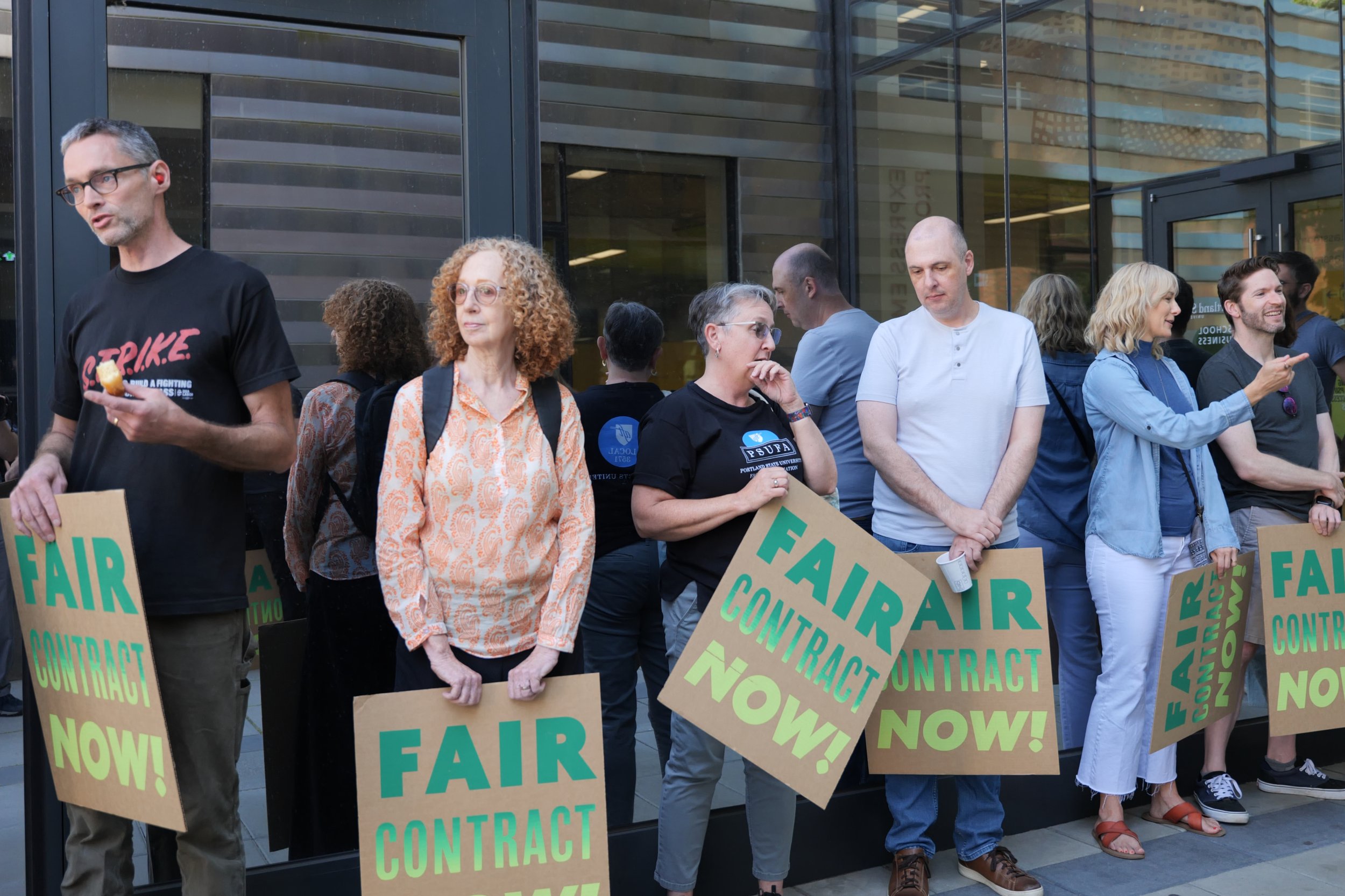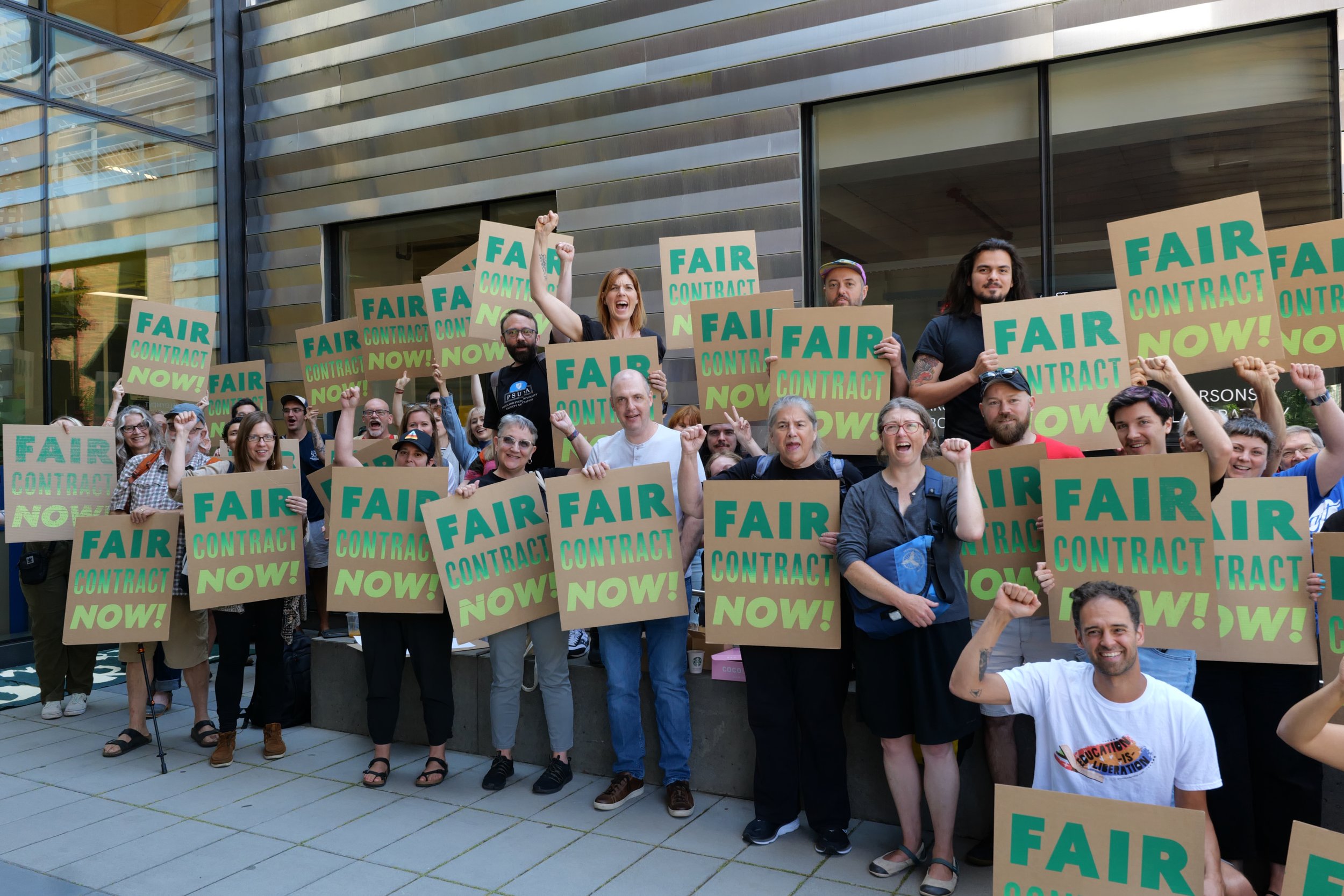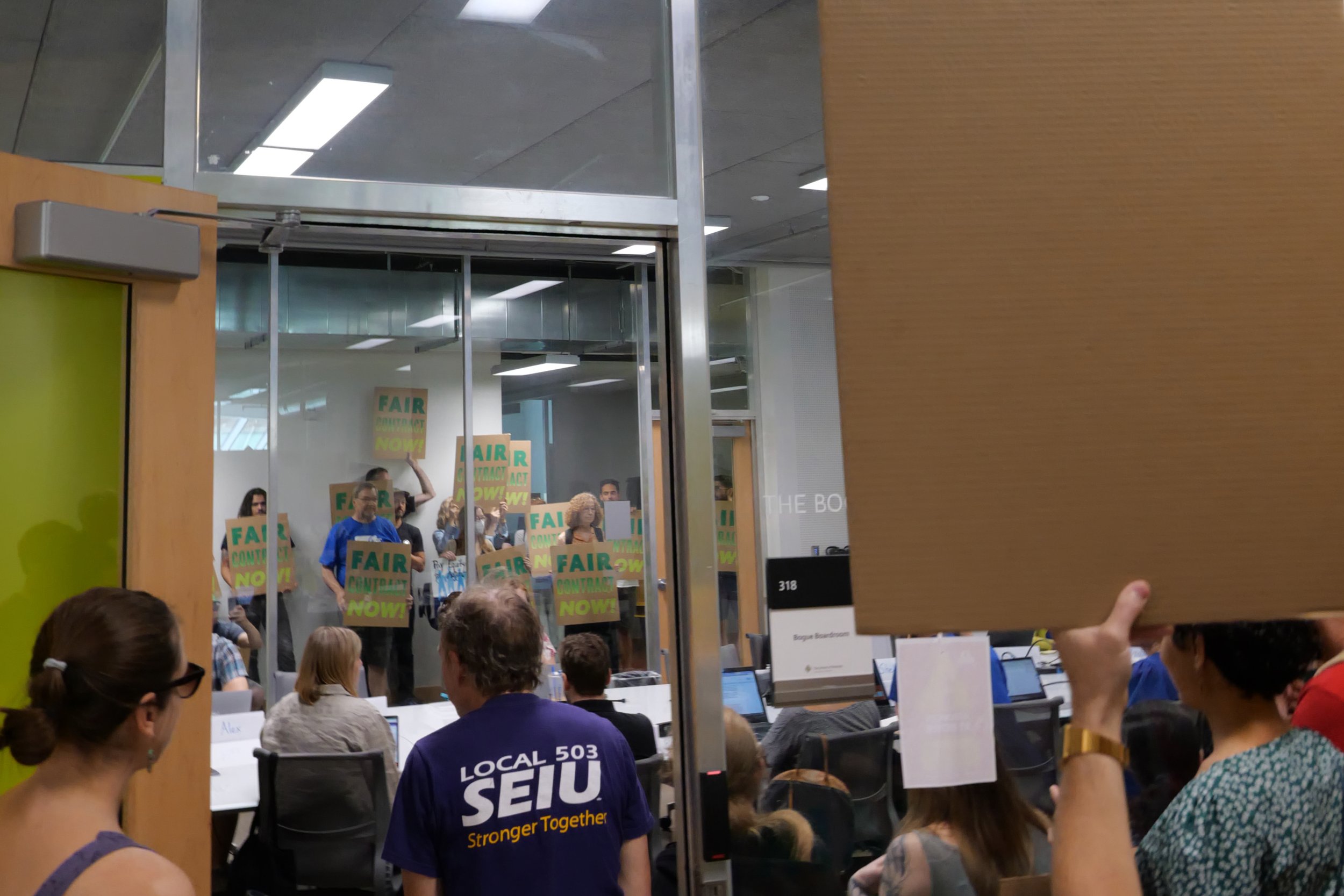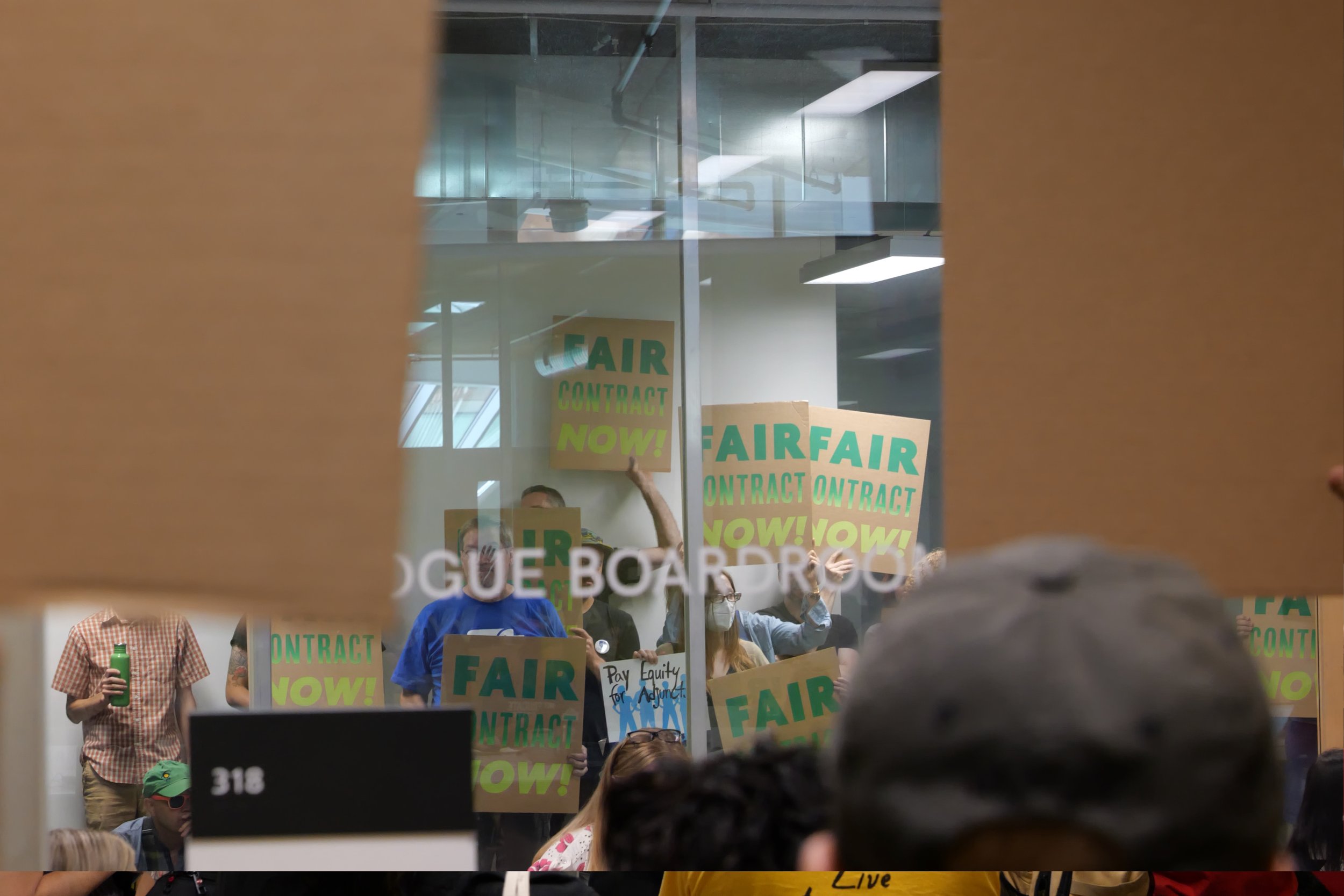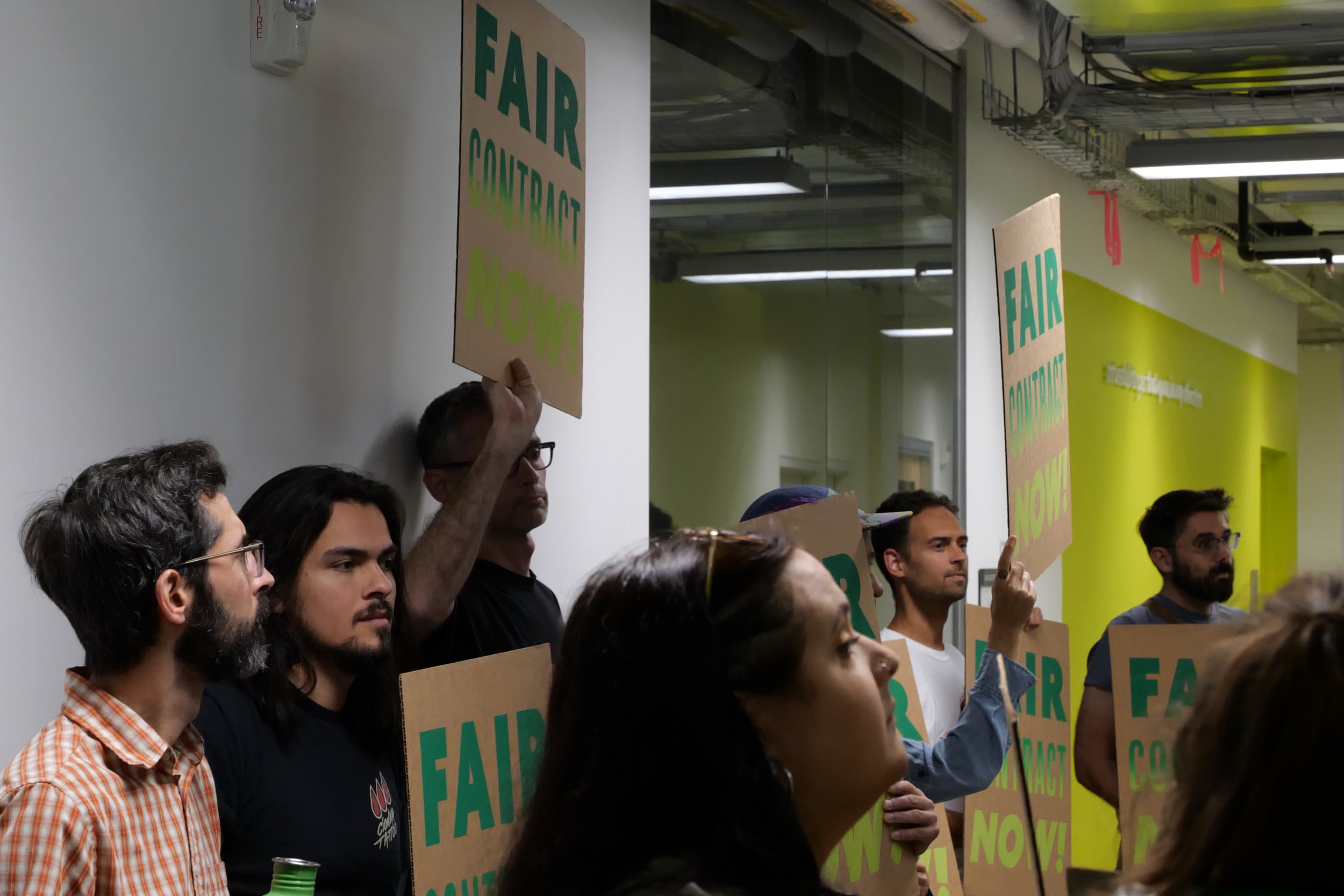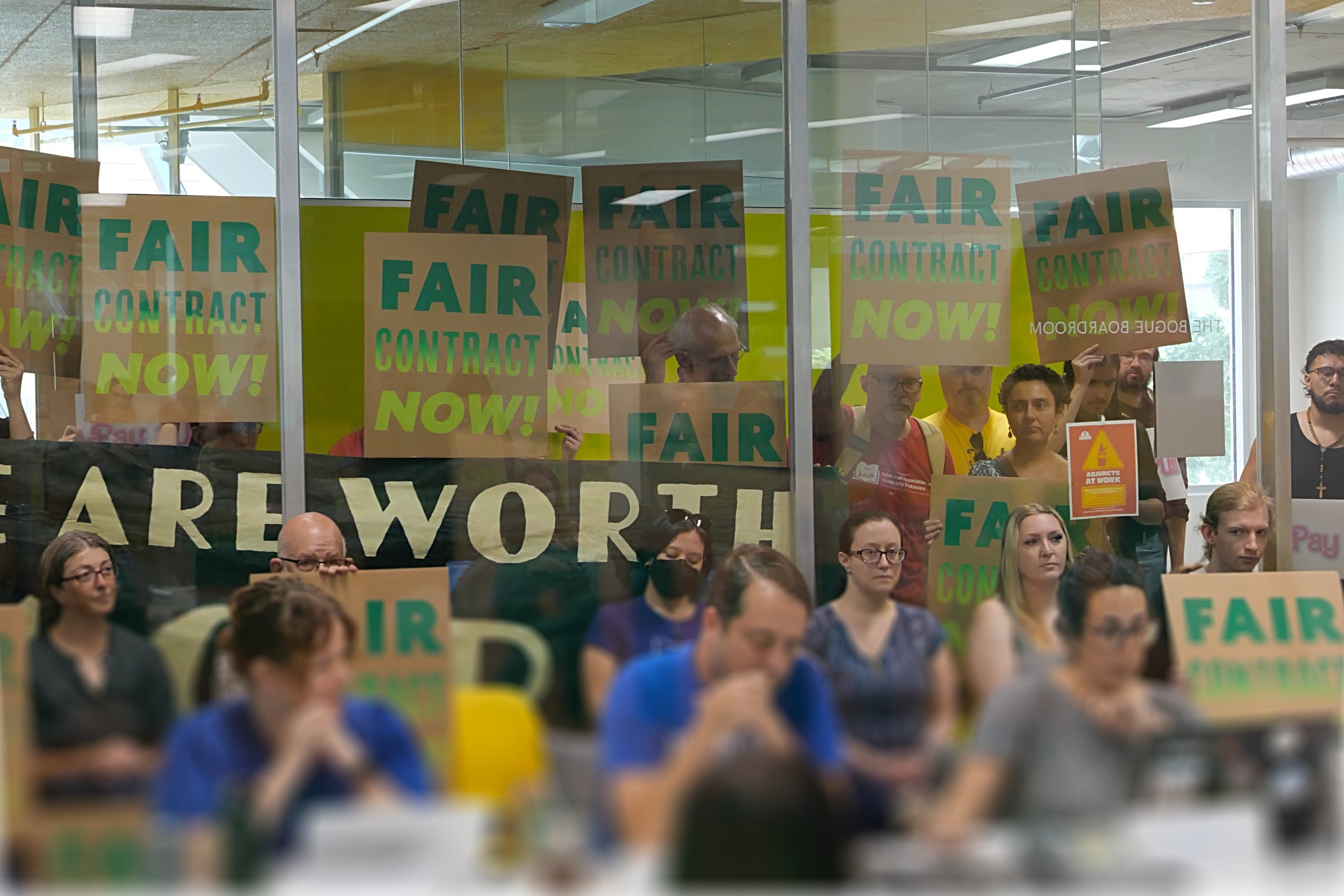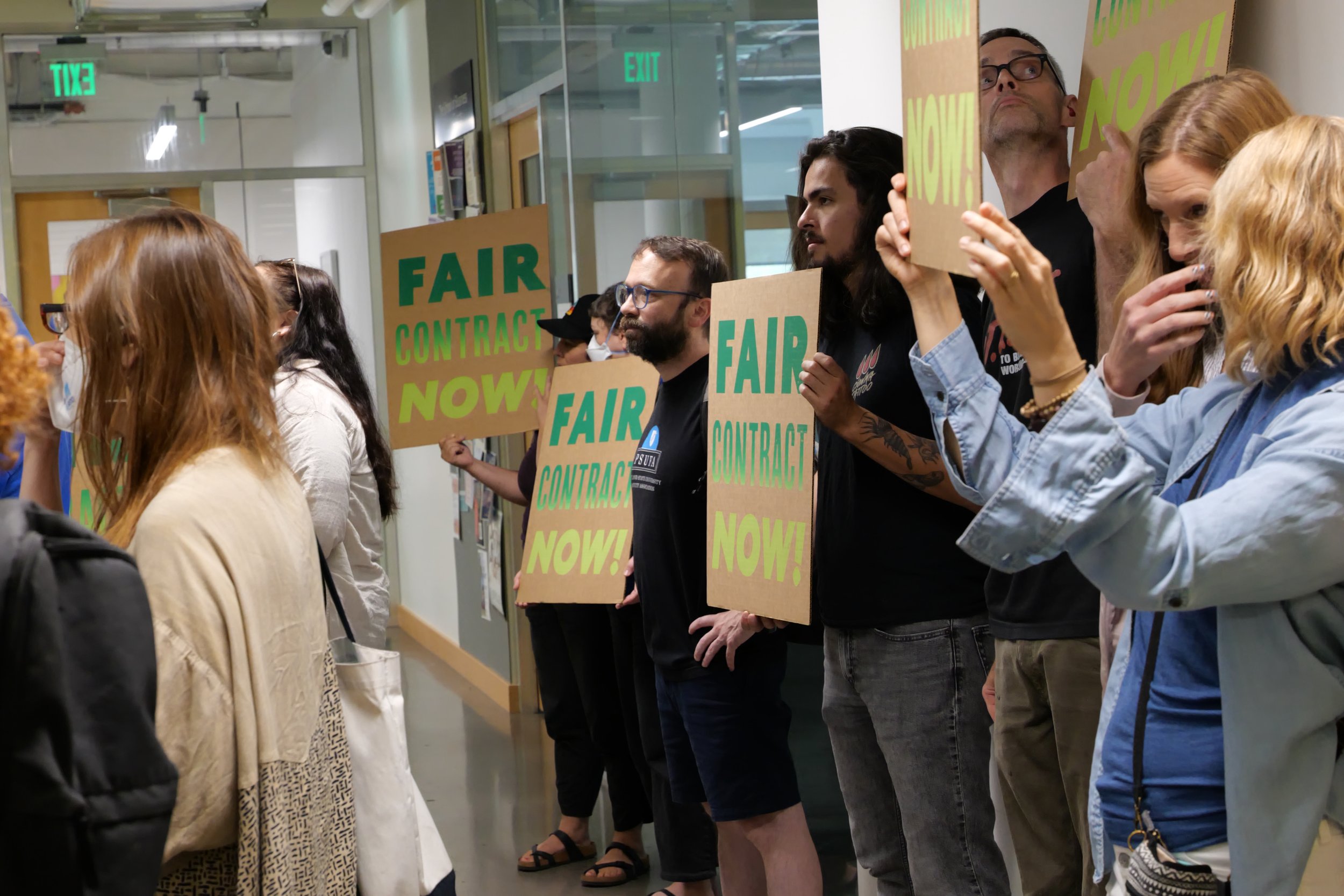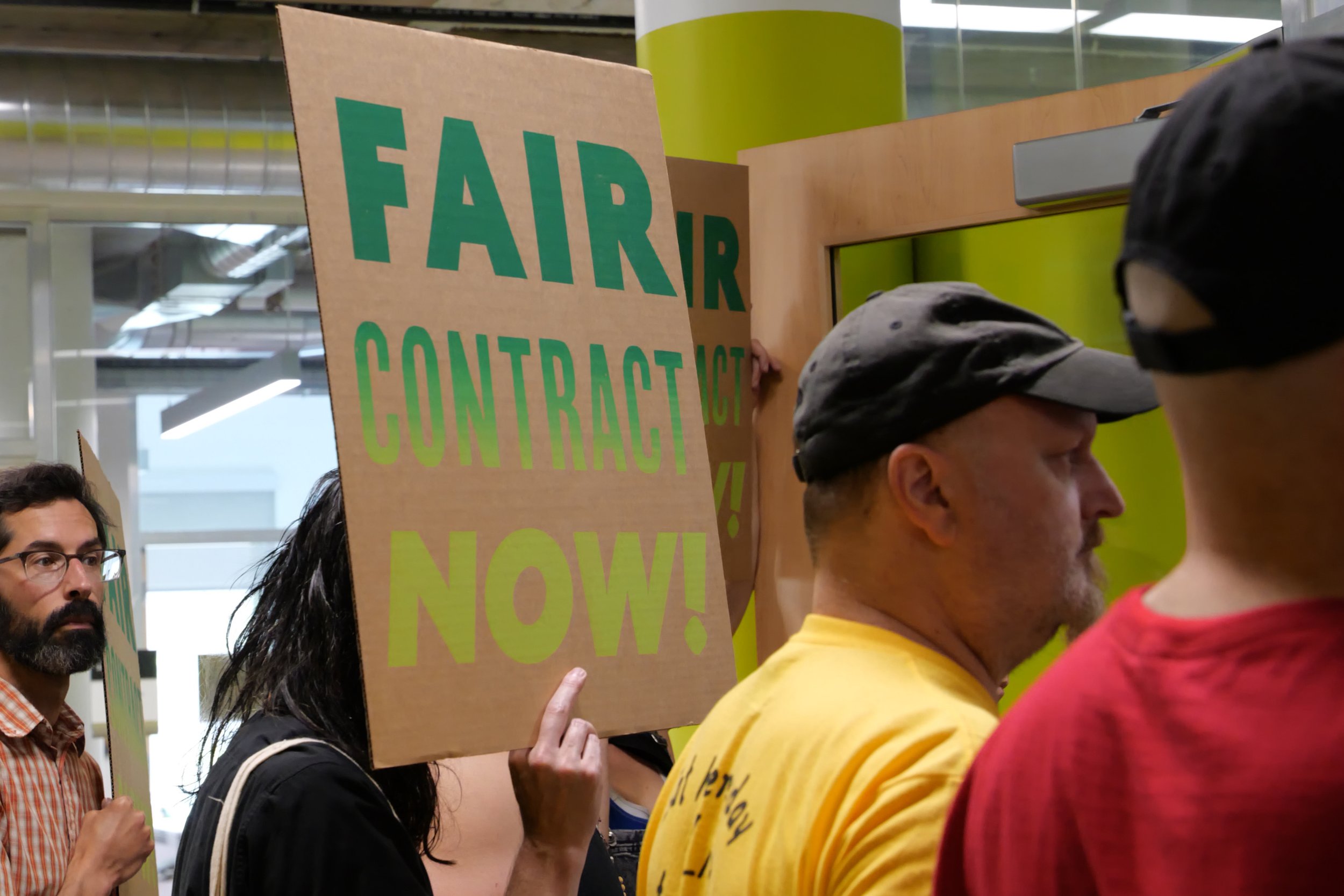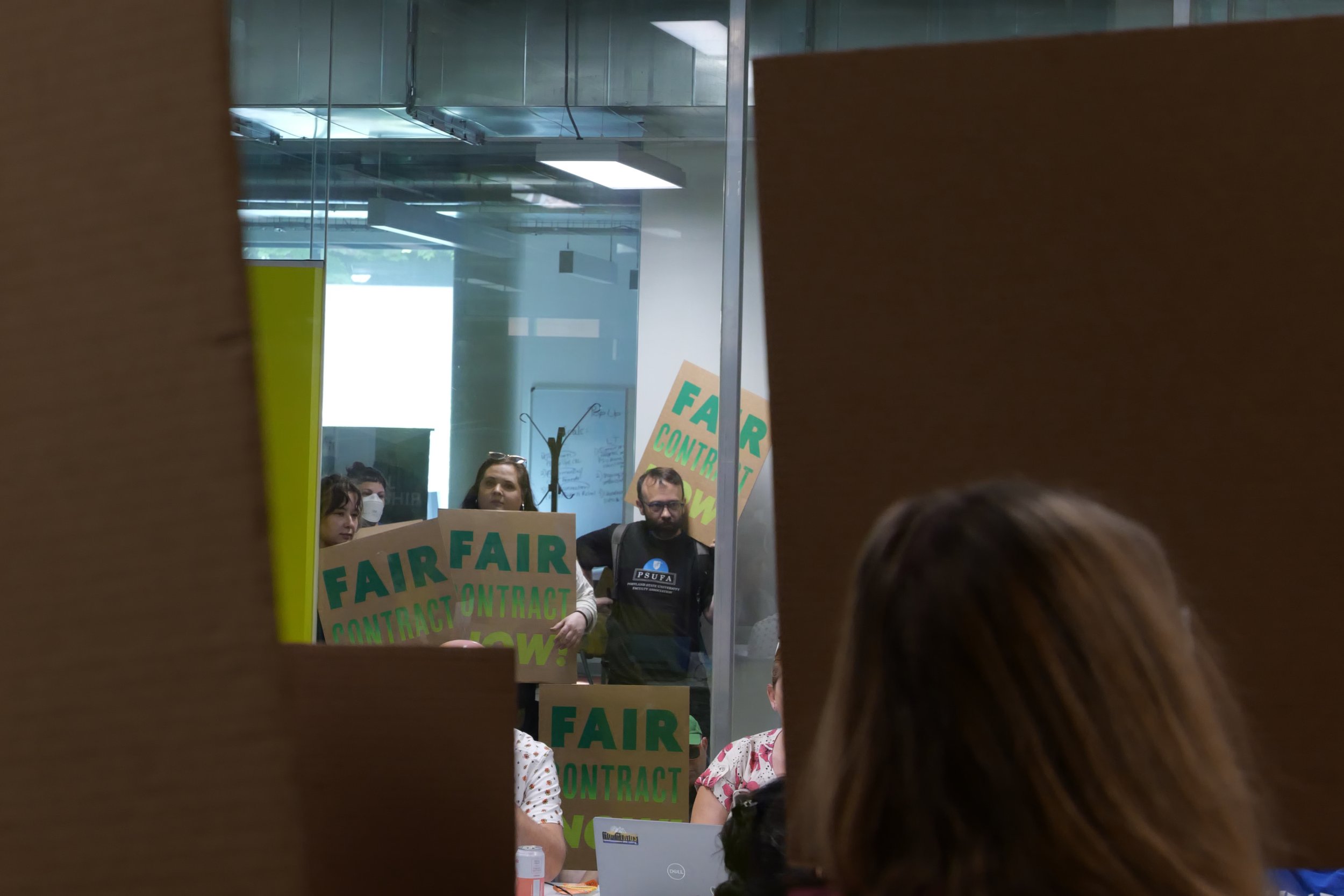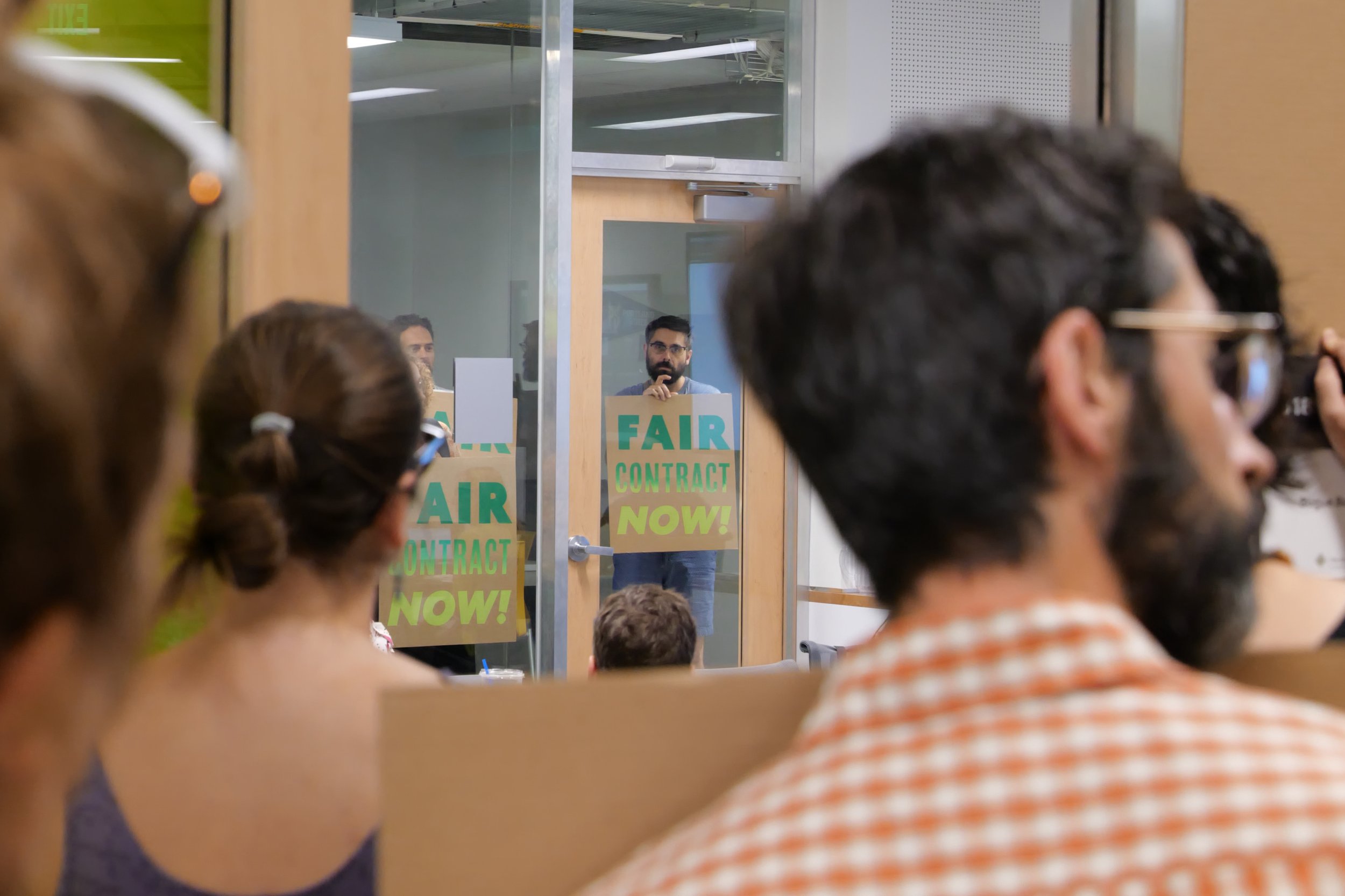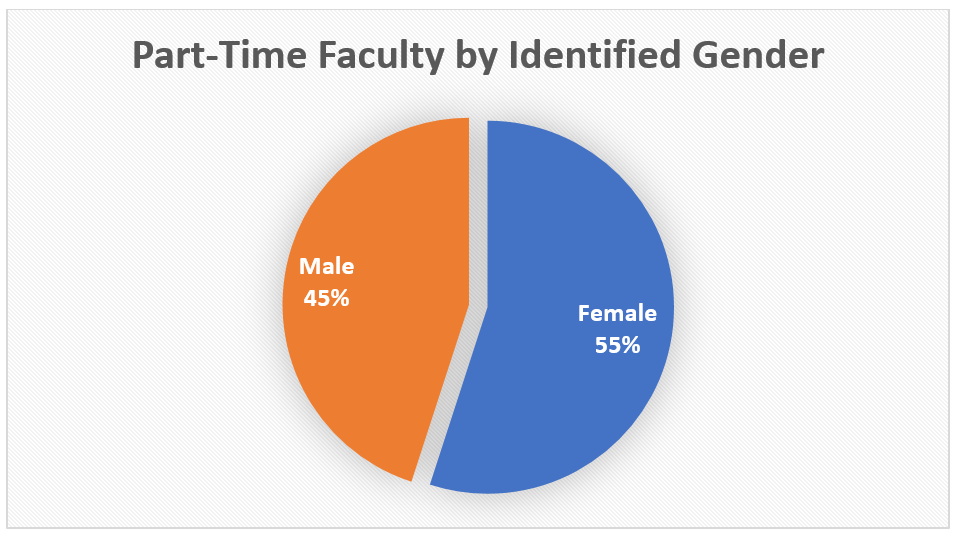For over 75 years, Portland State University (PSU) has served its students, the city of Portland and the State of Oregon, by providing high quality education to all who enroll, including high numbers of non-traditional and minoritized students. In 2022, 80% of PSU’s students were Oregonians, 39.6% identified as BIPOC, and 47.4% were first-generation college attendees. To meet its stated mission of “creat(ing) an equitable and sustainable future through academic excellence, urban engagement, and expanding opportunity for all,” it is urgent that the PSU administration and Board of Trustees reverse the disinvestment in its adjunct faculty and provide livable wages and fair compensation for these essential educators.
Adjunct instructors account for approximately 47% of the instructional staff at PSU and teach almost 40% of student credit hours. Every student who attends PSU is taught by an adjunct at some point in their education. But adjunct faculty also do much more than teach classes. They mentor students, write letters of recommendation, develop courses, conduct research, write grants, and serve as important role models. Adjuncts are essential to shaping student experience, education, retention, and success. They are the public servants who serve the diverse populations that PSU was founded to educate and engage.
Adjunct working conditions are student learning conditions and PSU students—particularly our BIPOC and first-generation students—deserve faculty who are compensated with livable wages, benefits, and dignified working conditions. The over 1,000 adjunct faculty at PSU deserve pay which reaches parity with their full-time counterparts and keeps up with cost of living. Currently, PSU does not provide raises to adjuncts based on their length of service. This means that adjuncts working at the university for 10 and even 20 years still make the minimum rate. Adjuncts deserve raises which recognize their career excellence, their essential labor, and their service to students and the University.
For Portland State University to fulfill its mission to our city and state, increase its enrollment, retain—and truly serve—its diverse student body, it must start compensating adjuncts fairly.
We, the undersigned, request PSU to increase the budget and compensation for adjunct faculty:
Oregon State Senators
Wlnsvey Campos — State Senator, District 18
Kathleen Taylor — State Senator, District 21
Lew Frederick — State Senator, District 22
Michael Dembrow — State Senator, District 23
Chris S Gorsek — State Senator, District 25 / Adjunct Assistant Professor, Portland State University
Oregon State Representatives
Ben Bowman — State Representative, District 25
Dacia Grayber — State Representative, District 28
Maxine Dexter — State Representative, District 33
Farrah Chaichi — State Representative, District 35
Rob Nosse — State Representative, District 42
Travis Nelson — State Representative, District 44
Khanh Pham — State Representative, District 46
Zach Hudson — State Representative, District 49
Ricki Ruiz — State Representative, District 50
Community Members
Ashton Simpson — Metro Councilor, District 1 / Community Leader
Christine Lewis — Metro Councilor, District 2
Mary Nolan — Metro Councilor, District 5
Duncan Hwang — Metro Councilor, District 6
Jessica Vega Pederson — Multnomah County Chair
Susheela Jayapal — Multnomah County Commissioner, District 2
Carmen Rubio — Portland City Commissioner
PSU-AAUP Executive Council
Dr. José Padín — Former President, PSU-AAUP / Associate Professor, Portland State University
Sarah Kowaleski — Portland Jobs with Justice Coalition Organizer
Brittney Connelly — Head of the CORE Art Dept. at PSU
Daniel A. Brown — Convenor of PDX Faith Labor Committee
Cassia Gammill — CCAHE Professor
David Stylianou — AFT National Representative
Laura Hanks — Community Member
Nicole Jepeal — Graduate Student, Portland State University
Nikki Mandell — Professor Emerita, University of Wisconsin-Whitewater
Judith Beck — Community Member
Eloise Bates — Community Member
Mark Leymon — Associate Professor, Portland State University
Alejandro Segura — President, SEIU Local 89
David Kinsella — Professor, Portland State University
Marie Wakefield — Community Member
Emily Gothard — Alumni, Portland State University
Joel Rosenblit — CWA Member
Tascha Babitch — Community Member
Stacey Vieyra-Braendle — AFT Member / Academic Fieldwork Coordinator & Former Adjunct Faculty
Ramin Farahmandpur — Vice President for Legislative & Political Action, PSU-AAUP / Professor, Portland State University
Aleksandar Jokic — Councilor, PSU-AAUP / Professor, Portland State University
Kristine Shmakov — PCCFFAP Member (AFT Local 2277) / Instructor & Department Head, Portland Community College
Grace Silvia — Community Member
Stephanie Yorba — Instructor, Portland Community College
Rachel Aponte — Instructor, Portland Community College
Julie Perini — PSU-AAUP Member / Associate Professor, Portland State University
Sylvia Hart-Landsberg — Community Member
Evan Selby — Reynolds Education Association Member / Teacher/Building Representative
Robyn Gottlieb — BerniePDX / Community Member
John Harris Knight — American Federation of Government Employees Member
Ezra Veenstra — Community Member
John Detweiler — Educator / Community Member
Myka Dubay — ILWU Local 5 Executive Board Member
Jamie Partridge — NALC Local 82 Member
Brian Denning — Portland DSA Steering Committee External Organizing Co-chair
John Herbert — Portland Central America Solidarity Committee (PCASC) Member
